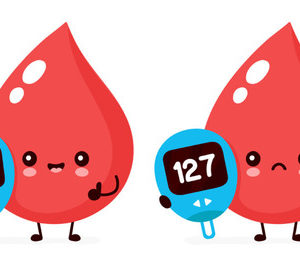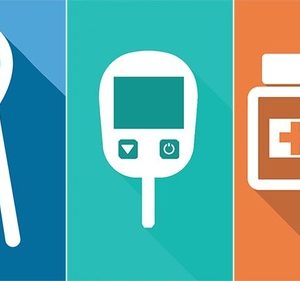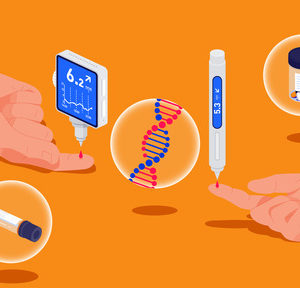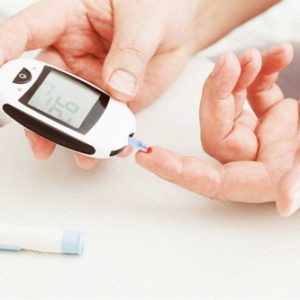The bond between physical activity and diabetes management is undeniable. Regular exercise plays a paramount role in controlling blood sugar levels and enhancing overall well-being for individuals with diabetes.
The Benefits of Physical Activity for Diabetics
Physical activity offers a plethora of advantages for people with diabetes. It not only influences blood sugar levels but also brings about holistic health benefits.
Improved Insulin Sensitivity
Exercise boosts the effectiveness of insulin in the body. This means the body needs less insulin to process glucose, thereby lowering blood sugar levels.
Enhanced Cardiovascular Health
Diabetes increases the risk of heart-related complications. Regular physical activity strengthens the heart, reduces blood pressure, and improves circulation, mitigating these risks.
Weight Management
For those with type 2 diabetes, weight plays a critical role. Engaging in regular exercise aids in maintaining a healthy weight, which can alleviate diabetes symptoms.
Types of Physical Activities Suitable for Diabetics

It’s essential to select the right kind of exercise that aligns with one’s health condition, age, and fitness level.
Aerobic Exercises
Aerobic activities increase heart rate and lung efficiency. Some beneficial options include:
- Walking
- Jogging
- Cycling
- Swimming
Strength Training
Building muscle mass can enhance insulin sensitivity. Some exercises in this category are:
- Weight lifting
- Resistance band exercises
- Bodyweight exercises like push-ups and squats
Flexibility and Balance Exercises
These exercises are vital, especially for older adults with diabetes, as they improve mobility and reduce the risk of falls. Yoga and Tai Chi are excellent examples.
Precautions for Diabetics While Exercising

While physical activity is beneficial, certain precautions ensure safety and optimal outcomes.
Monitor Blood Sugar Levels
It’s crucial to keep an eye on glucose levels before, during, and after exercise. This helps in understanding how different activities affect blood sugar and aids in making necessary adjustments.
Stay Hydrated
Exercising can lead to dehydration, which might elevate glucose levels. Drinking water frequently can counteract this effect.
Wear Appropriate Footwear
People with diabetes often have foot problems. Thus, wearing supportive and comfortable shoes can prevent injuries and complications.
Creating a Diabetes-Friendly Exercise Plan
Starting an exercise regimen requires careful planning, especially for someone with diabetes.
Consult with Healthcare Professionals
Before diving into any exercise routine, it’s imperative to consult with a doctor or diabetes educator. They can provide tailored advice and precautions.
Set Realistic Goals
Setting achievable targets can keep one motivated. Whether it’s walking for 30 minutes daily or hitting the gym thrice a week, ensure the goals are realistic and enjoyable.
Listen to Your Body
It’s essential to understand one’s body signals. If any exercise causes discomfort or pain, it’s advisable to pause and seek guidance.
Embracing Physical Activity as a Diabetic

Incorporating physical activity into daily life can be transformative for those battling diabetes. The myriad benefits, ranging from improved blood sugar control to enhanced mental well-being, make exercise an indispensable component of diabetes management. By taking the right precautions and working in tandem with healthcare providers, diabetics can embrace a more active, healthier lifestyle.




